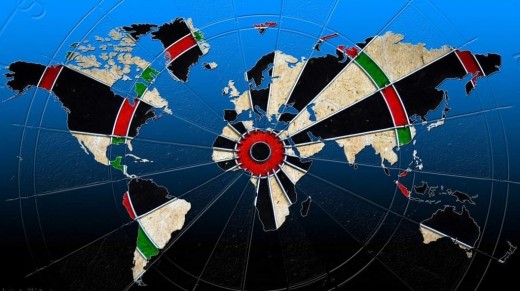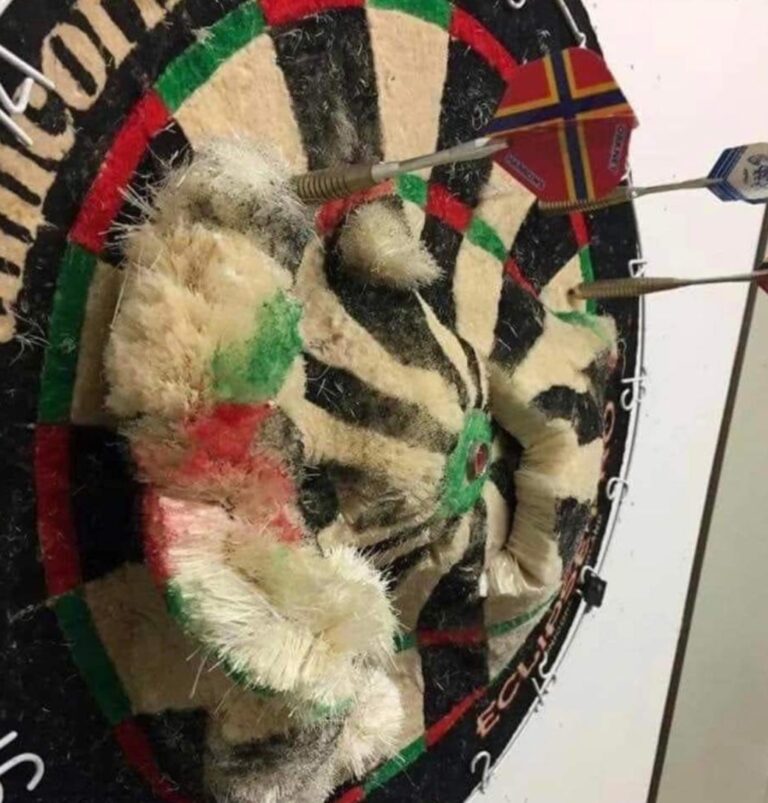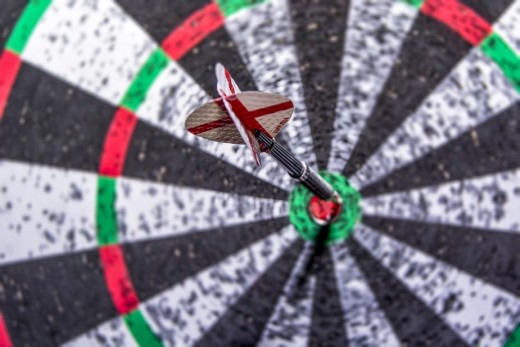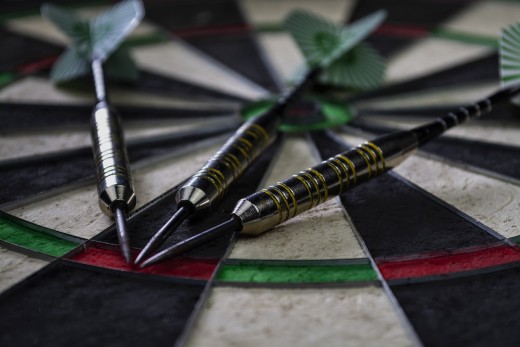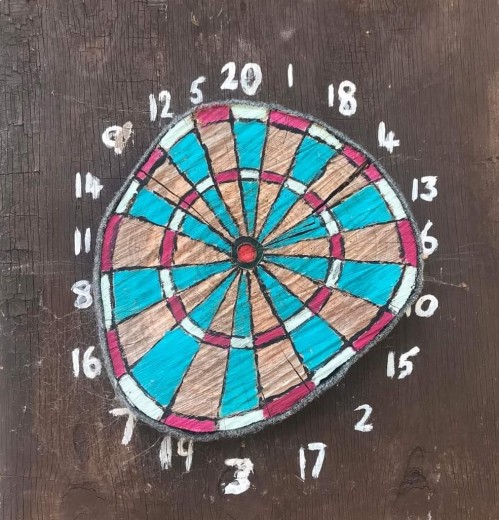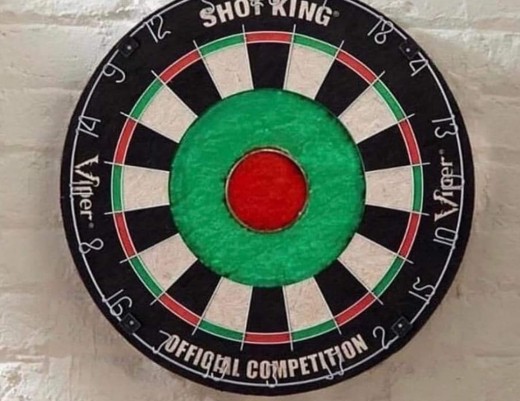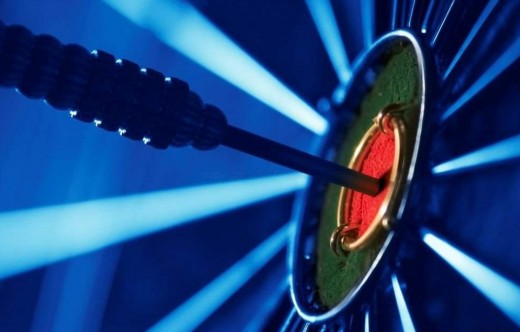Sunday, May 21, 2017
Column 537
Johns Hopkins Study Proves Drinking Helps Darts!
The following is brief (takes only a minute to read) but interesting. It was written by someone named Nick Hines and published on something called VinePair on May 17.
Also, the world is flat.
Who knew?
From the Field,
Dartoid
______________________________________________________________________________
Do People Actually Play Darts Better Drunk? Johns Hopkins Decided to Find Out.
In April of 1920, a permit asking for permission to purchase 34 gallons of rye whiskey for “scientific research for educational purposes” was filed at Johns Hopkins University. National Prohibition had just been enacted, and the country was officially dry. Alcohol for serious scientific purposes, however, was generally allowed. This particular serious scientific purpose? Whether people are better at playing darts drunk or not.
John Watson was a psychologist who is known as the father of behaviorism. His studies in psychology outlined the relationship between environmental factors and human behavior. Getting drunk and excelling at bar games is certainly in line with Watson’s previous studies (and a great way to get otherwise illegal booze). It was, we can only imagine, easy to find willing and eager subjects.
If you frequent certain bars, you’ve probably heard someone swear by the fact they play bar games better when they’re drunk. Who knows? Maybe you’re the person who says that. It turns out people have always been making the claim. But the study put the claim to bed once and for all, even though drinking and playing bar games was no longer a legal activity in the country.
The study was simple. Watson brought students over and made them throw darts for several hours while drinking whiskey and measured how well they played. The results: “One or two of the individuals became practically drunk,” Watson wrote, according to the Johns Hopkins blog, “but apparently the drunker they got the better they shot!”
Go figure. There was one problem, though. Watson didn’t exactly ask for permission before doing the experiment. After putting students through rigorous tests, he went to the president of the university, Frank Goodnow, and informed him of the research. Goodnow took a second to think about it and wondered if “such experiments are desirable and proper under existing conditions,” the Johns Hopkins blog writes.
Goodnow asked Watson to take his research to the Academic Council for review and he was told he could try and replicate it later in the year. Unfortunately, that never happened because Watson had an affair with a graduate student and got into a very public, very messy divorce.
As for his first results? They’ve since been replicated, sort of. English physiology researcher Thomas Reilly found that hand-eye coordination went down after a drink, but darts players were more balanced and more accurate with a blood alcohol content of 0.02.
So maybe a pint of beer does help, just a bit.

